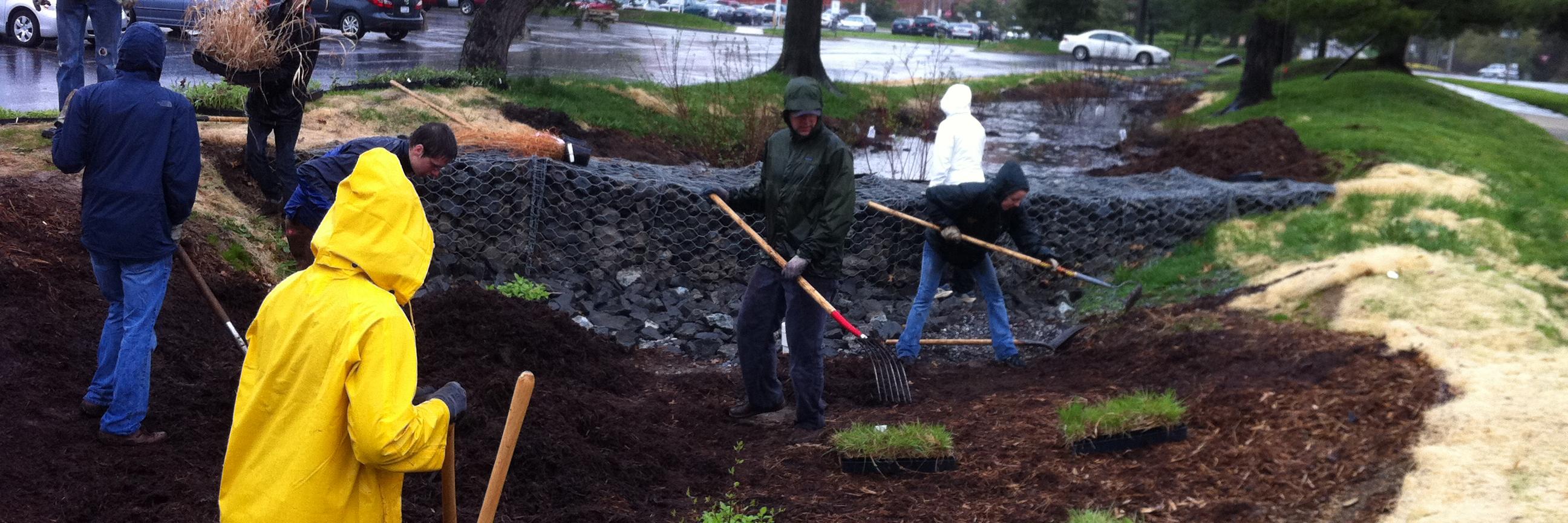ENST485: Water Management in Urban Environments
Course Description:
Historically, with the exception of certain locations, water has been available in sufficient quantities, and providing supporting infrastructure has been relatively straightforward. In urban areas, the concentration of people and the drastic changes in land use, have altered the fluxes of water, sediments, chemicals, and microorganisms. As the population increases and the number of large urban areas keeps growing (both in U.S. and internationally), managing water in urban areas is becoming more challenging. Water must be supplied for domestic, commercial, and industrial use, as well as irrigation and maintaining and enhancing local environments (e.g., urban streams). In addition, stormwater must be managed to prevent flooding and environmental damage, and used water, which contains organic matter, nutrients, and other constituents that can be extracted and reused, must be collected and managed. In this course we take a systems approach to urban water hydrology, engineering, planning and management. We will explore urban water cycle, urban runoff and drainage characteristics, urban water supply and demand, stormwater collection and treatment and designing best management practices. Additionally, we look at the climate impacts on the urban water cycle.
Semester: Fall 2021
Stormwater Manager and Maintenance Inspector Michael Carmichael led the class on a tour of stormwater BMP's in around Clark Hall

